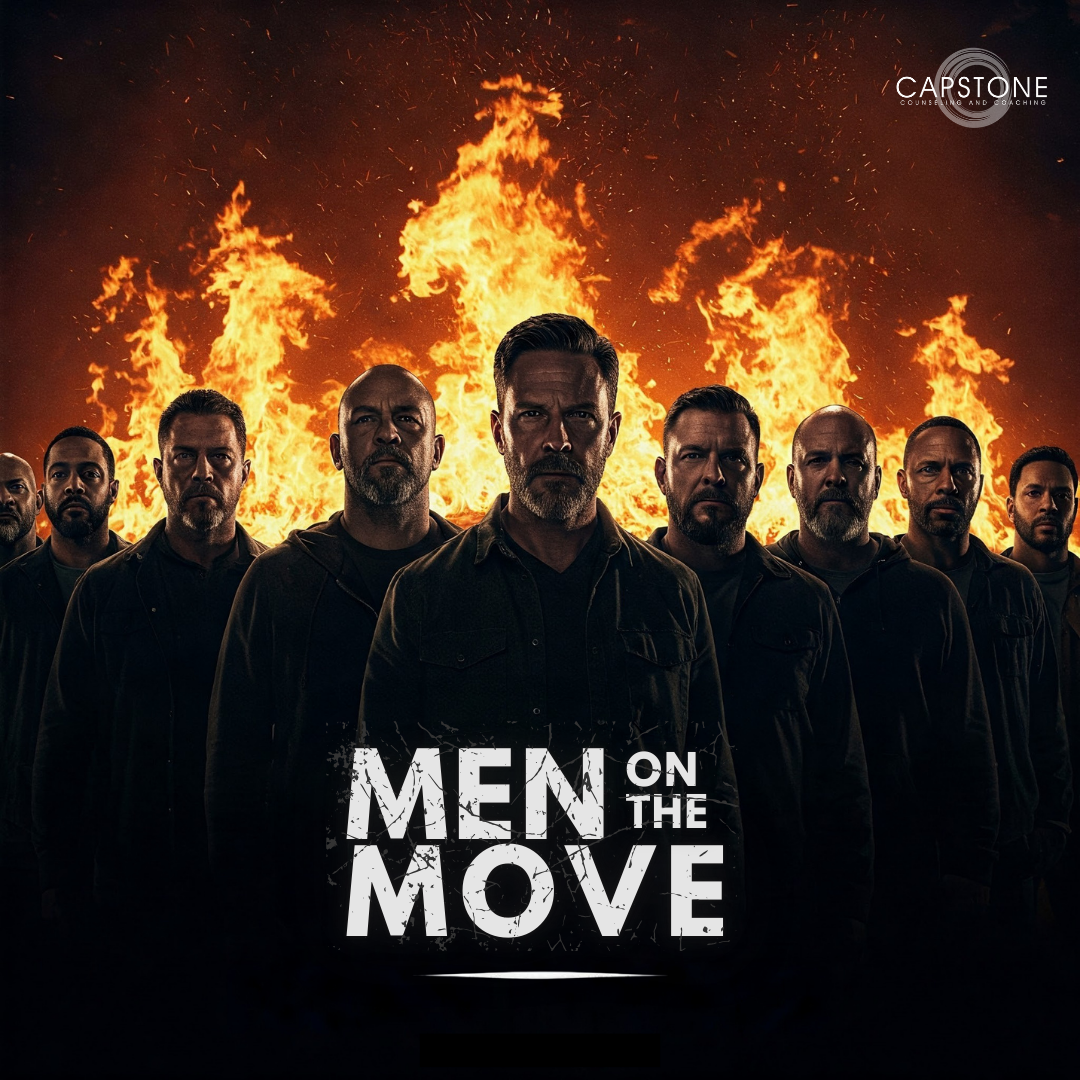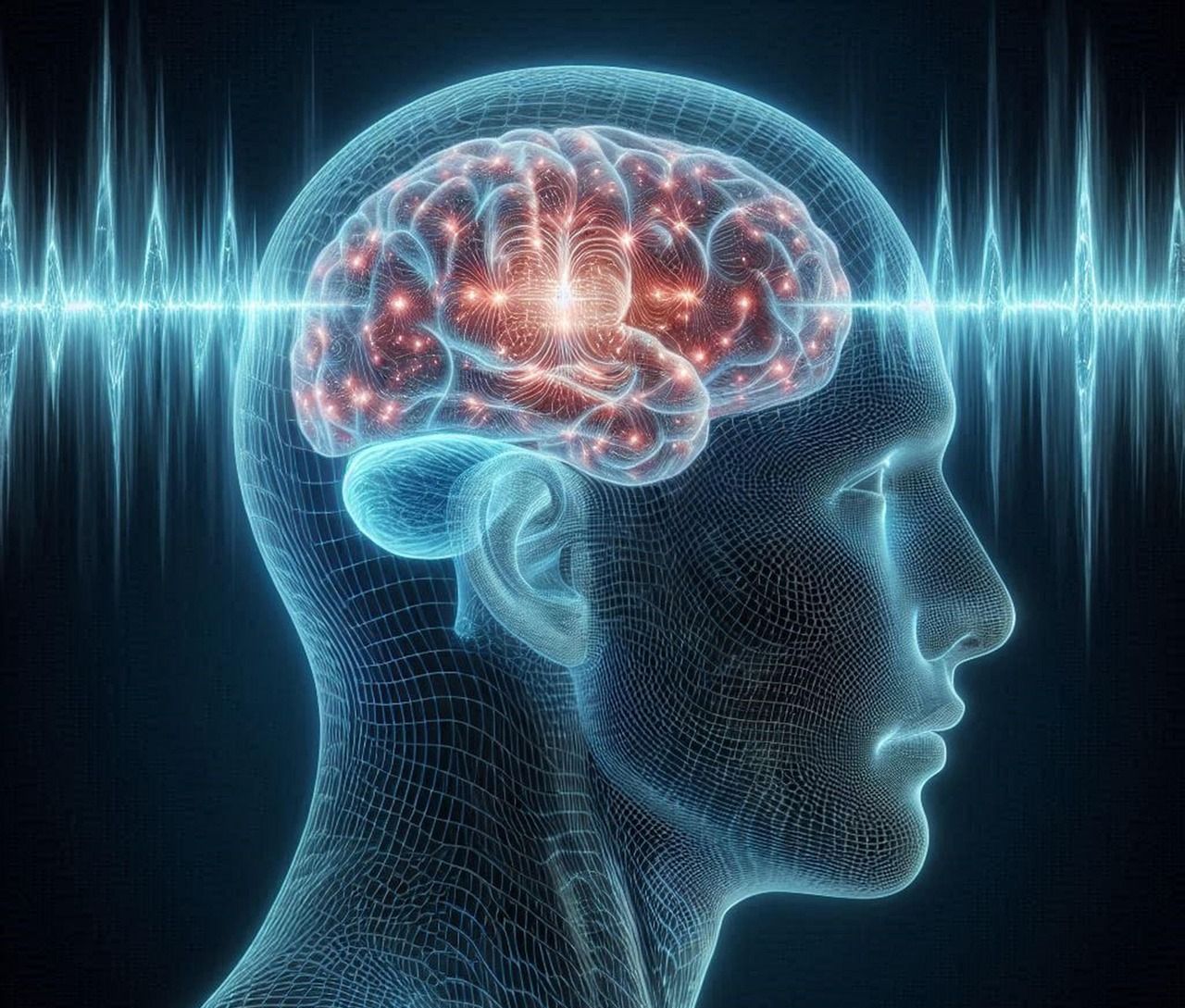You don’t need another self-help book.
You need a community that gets it.
Like-minded men who’ve lived through the wreckage and came back swinging,
Who will call you forward—not tear you down,
And speak truth, not ego.
That’s what Men on the Move is all about.
It’s not therapy.
It’s not a vent circle.
It’s a launchpad.
Real conversations
Strategic action
Empowerment backed by experience














